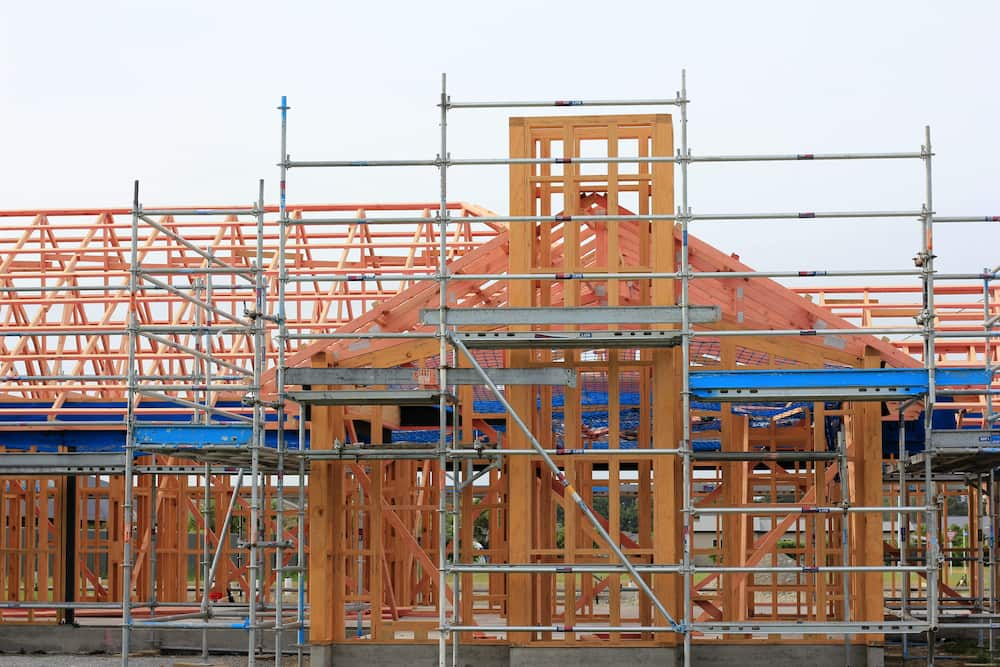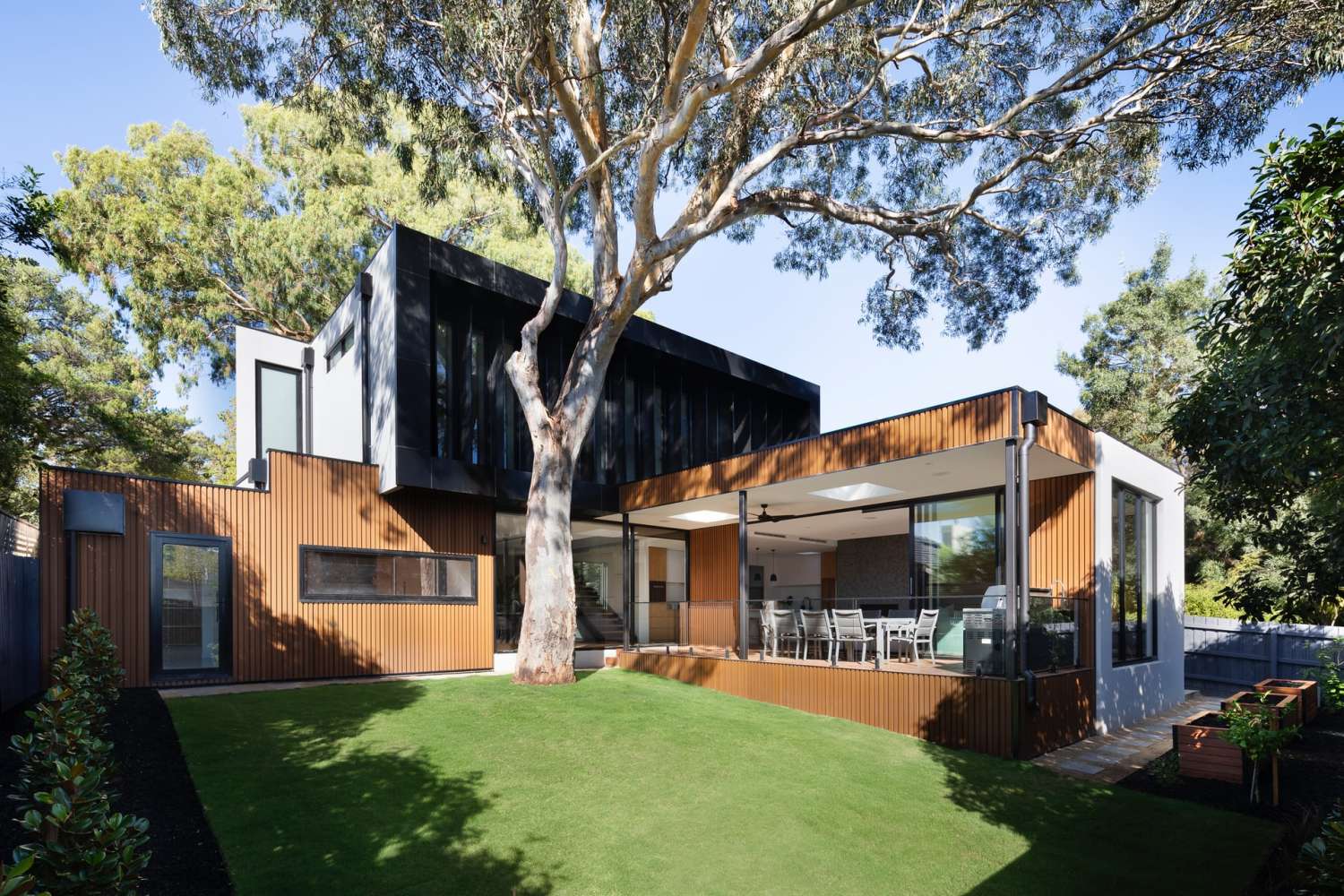First Home Buyer
Residential Home Loans
Investment Loans
Commercial Products
About Neomoney
Contact Neomoney

What is a Construction Loan and How to Apply for One?
“Find the Best Construction Loan lender:
Why Choosing the Right Lender is Critical for Your Construction Project Success.”
A Home Loan Construction Loan is a financial product that is designed to provide individual borrowers with the necessary funds to pay their contracted builder to construct a new home. This type of loan is typically used when a borrower has a fixed-price building contract with a builder and requires financing for the construction process.
It is important to note that not all lenders offer construction loans. This is because a specialised team is needed to handle the loan construction payment process. Once a borrower’s loan facility is approved by the lender’s credit department or team, the loan file is then handed to the construction team. This team is specialised in the loan construction process and is responsible for assisting and safeguarding the borrower throughout the construction or renovation process.
The construction team’s primary responsibility is to ensure that all required documentation are in order, and the necessary steps are taken to disburse funds to the builder as work progresses. This includes conducting regular site inspections to verify that the work has been completed to a satisfactory standard before authorising payment. By working with a specialised construction team, you the borrower can benefit from their expertise and guidance to ensure that your construction project runs smoothly and on schedule.
Construction loans can be used to;
- Finance the construction on existing purchased land,
- Finance the purchase of land and construct your new home,
- Finance renovation to an existing dwelling or to a new residential dwelling,
- Finance the demolition of an existing residential dwelling to construct a New Residential dwelling
- Finance the construction of a prefabricated or kit home which will be fixed permanently onto land, all services need to be connected.

Need Help Choosing the Best Lender for Your Construction Loan?
When it comes to construction, building, renovating or building a Granny flat or Second dwelling, you need a lender with the right construction loan products which can grow as your home gets built or renovated, allowing you to draw funds at each stage of the construction or renovation process.
Additionally, with construction or renovation loans, some lenders are extremely good at these construction processes or extremely awful due to poor systems or lack of staff to assist clients during the construction process, since lenders control the payments to the builder. With the vast variety of lenders available to us, Neomoney knows which lenders handle the construction process well and which lenders handle the construction process poorly.
Neomoney has a wide range of lenders with specialised construction loan processing teams that offer exclusive construction loan processing services, meaning you can confidently know payments to your builders at each stage will be handled promptly and efficiently, allowing you to concentrate on other more important elements in your construction stages.
Do I Need Pre-Approval?
We would strongly suggest you obtain a Pre-Approval to know the maximum borrow capacity to assist with your new home construction.
You can read more on Pre-Approved Loan Here >
What Do You Need To Provide For A Construction Loan?
Further to the Pre-Approval documentation requirements, you will need to provide a builders contract or formal tender, building plans and building specifications (non-council approved plans are accepted at this stage), any quotation that maybe ‘Out of Contract’. Apart from the Pre-Approval documents, these construction documents are required to be submitted to the lender who will instruct the appointed valuer firm to value your proposed home and land construction as an ‘As If Complete’ valuation to determine if the loan would proceed on the submitted construction documentation provided. The lender’s final loan amount is based on the ‘As If Complete’ valuation.
What type of construction insurance would I need?
To insure you are adequately protected and mandatory with lenders the following types of insurance will need to be provided which are arranged by the builder or construction agency, these insurance policies will need to be in place prior to a loan submission.
Outline of a good Co-Ownership Agreement or contract.
A good Co-Ownership contract should include the following;
- An approved checklist of who can reside in the property and on what terms
- Identifying each individuals contribution as to share of responsibilities and deposits made.
- Mortgage contributions and amounts made by each individual and obligation under the mortgage if a co-borrower fails to make his or her repayments.
- A way to divide up the expenses on the property i.e. rates, insurance, etc.
- Who will be responsible for the maintenance of the property.
- A checklist on what needs to be done in an event of sale by one borrower or co-owner.
- A dispute resolution clause in the event of a dispute amount co-owners.
Can I still get the First Home Buyers Grant if buying in Joint Names?
When buying a property with someone else, you will still be able to receive the First Home Owners Grant (FHOG) if all co-purchasers on the mortgage are eligible to receive the FHOG. If one of the co-borrowers has owned a property prior then the other joint purchaser may not be eligible, therefore we suggest you seek legal advice or contact your local Office of State Revenue.
Read more about the eligibility requirements for the First Home Owner Grant.
Should you require further legal information we recommend to discuss these options with your solicitor or conveyancer.
What type of construction insurance would I need?
To insure you are adequately protected and mandatory with lenders the following types of insurance will need to be provided which are arranged by the builder or construction agency, these insurance policies will need to be in place prior to a loan submission.
Builder’s Insurance of works
The builders insurance covers the physical risk to the building during construction.
This policy is replaced by a standard Domestic Home building insurance policy, which you need to obtain at lock-up stage.
Domestic Home Warranty Insurance
Domestic Warranty Insurance is provided by your registered builder to you the customer. This type of insurance covers risks such as non-completion by your builder due to insolvency, disappearance, death, structural defects due to builder negligence, etc.
Worker’s Compensation
This Insurance is arranged by the builder. Covers risks such as medical expenses for the builders injured workers on the job or work-related illnesses.
Public Liability Insurance
Public Liability Insurance is also arranged by the builder. Covers risks such as damage to the property and any injury’s to individuals.
What are the payment stages in a construction loan?
Depending on the lender there are generally 5 stages however a few lenders offer a 6th stage to the construction payment or drawdown payment stage. In the builder’s contract, the builder would normally have 5 stage payments which are outlined in their contract they request payment at each of the completed stages. At each of these stages, a builder or construction agency will present you with an invoice to forward to the lender for payment.
In order to make this staged payment to the builder, the lender requires the invoice and a progress payment authorisation form signed by all applicants or borrowers on the loan agreement. These stages are mentioned further down on this page.
You will need to ensure the construction stages are being completed as scheduled in the builders’ contract.
Some lenders may require a valuation at every stage of the 5 drawdowns or payments and some lenders only value the construction at the final staged payment or drawdown to ensure the builder meets all codes outlined in the builder’s contract and additionally to safeguard the client if the builder has neglected to fix any unfinished works to the property.
Stages in construction and payment progress:
In the initial preparation stage of the building process with the builder or construction agency, you would sign a construction contract either a Master Builders’ Association or Housing Industry Association fixed price contract. Signing a fixed-price contract would enable the builder to start the preparation of plans & specifications, obtain approved plans and permits, proceeding with soil tests, insurance, etc.
In the loan application process, the lender will require copies of the fixed price contract, council approve plans, specification, permits and insurances, therefore it’s important to make sure these are all available prior to a loan submission.
Payment Stages Of Construction
Construction Payment Processes
First Progressive Payment
Once the construction is underway and assuming the lender is a 2 stage valuation lender, the first progressive payment being made by a lender, the lender requires the following documents:
- Copy of builders first stage invoice as per the building contract
- Copies of council-approved plans and permits & specifications
- Copies of the required insurance policies as outlined above
- Signed borrower’s authorisation form to make progress payment to the builder (Authority must be signed by all borrows or parties on the loan).
Note: A lender will withhold funds until all of the above requirements have been supplied.
Second, Third & fourth Progressive Payment
- Copy of builders first stage invoice as per the building contract
- Signed borrower’s authorisation form to make progress payment to the builder (Authority must be signed by all borrows or parties on the loan).
Fifth and Final Progress Payment
The final progressive payment requires a few more steps to be completed prior to a payment being made and the following documents would need to be supplied:
- Copy of the occupancy certificate for new homes
- Copy of the final inspection certificate
- Copy of the general building insurance policy
During this final stage the lender will organise for a final valuation once the above documents have been provided. The valuation is mandatory to safeguard the lender and the applicants to insure the builder has met all building codes and construction specifications during the construction of your new property.

How long would a lender allow for construction?
Most lenders require that the construction or building be completed within 6 to 12. If the construction takes more than required you may be up for additional cost and penalties.
I’m Ready!
Are you ready to take the next step towards your dream home? Our team of mortgage specialists is here to help you find the perfect loan product tailored to your unique needs. Whether you're seeking credit advice or simply looking for more information, we're here to answer any questions you may have.
To get started, just click on the enquiry button below and we'll be in touch with you shortly.
Let's make your homeownership dreams a reality!




